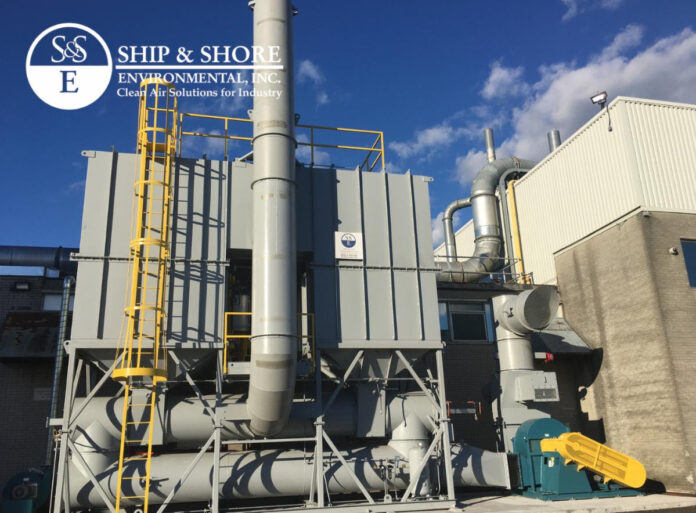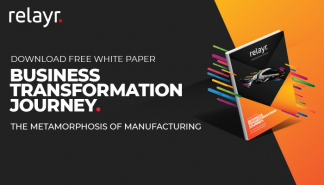Undoubtedly, solar technology is one of the most promising solutions to empower the world with clean and zero-emission energy. By transitioning away from fossil fuels and towards sustainable energy sources such as solar, we can effectively slow down and potentially even reverse the environmental damage caused by carbon emissions. However, this green thesis tends to focus on solar energy production once photovoltaic panels have been manufactured and installed. Unfortunately, the production of those panels can be a resource-intensive and hazardous process. Beyond water use and reliance on coal for manufacturing renewable energy, PV panel fabrication uses thin films, light glass materials, and silicone-based materials, all of which must be chemically coated. Some of the potentially hazardous chemicals used in solar panel manufacturing, if not handled properly, include cadmium and lead, as well as volatile organic compounds (VOCs) such as various alcohols, silicones, acetates, and hydrochloric acid, among others.
Sometimes, recycling can play a positive role in mitigating waste. For example, cadmium can be recovered from used solar panels and recycled into new solar cells or other products. But in a 2021 piece called “The Dark Side of Solar Power,” the Harvard Business Review sets out in detail how and why the world is headed for a “staggering amount” of solar panel waste. In short, continual improvements in solar panel cost-efficiency incentivize users to replace their panels well before their expected 30-year life cycle concludes, and it costs 10x to 30x more to recycle a panel than send it to a landfill. As a result, few options exist for PV recycling while demand for new panels is skyrocketing. This demand will only increase further as the recent stimuli from theInflation Reduction Act of 2022 will help “increase solar capacity from 74 gigawatts in 2022 toa projected 1,600 gigwatts by 2050,” according to Cornell University doctoral student and research author Fengqi You.
While the recycling problem in solar panel manufacturing is still being addressed, S&SE can assist clients to minimize the environmental impact associated with the increasing demand for solar panels.
“Reshoring of PV panel production presents an incredible opportunity for the U.S. and its manufacturers to lead the world by example,” said Anoosheh Oskouian, CEO of Ship & Shore Environmental. “There are so many environmental and financial incentives for companies to develop and implement cost-effective pollution abatement solutions in their manufacturing. Cleaner production now will also help make future solar panel recycling safer and more affordable.”
Many of these financial incentives are referenced in the Inflation Reduction Act, which extends tax credits for solar generation facilities and creates new tax credits for electricity-generating facilities deemed to have a sub-zero annual greenhouse gas emission rate. Companies with “qualifying advanced energy projects” are poised to receive significant breaks. Specifically, the law targets any U.S. organization that “re-equips an industrial or manufacturing facility with equipment designed to reduce greenhouse gas emissions by at least 20 percent through the installation of … energy efficiency and reduction in waste from industrial processes, or any other industrial technology designed to reduce greenhouse gas emissions, as determined by the Secretary, or which re-equips, expands, or establishes an industrial facility for the processing, refining, or recycling of critical materials.” (p. 154)
In other words, companies that install equipment to clean up their green energy waste processes stand to benefit.
S&SE offers a host of services around pollution abatement, including consultation, customized design, fabrication, and on-site deployment of new as well as retrofit equipment. Products span a range of energy recovery solutions, including all types of thermal oxidizers. For this industry specifically, Regenerative Thermal Oxidizers (RTOs) are commonly used. In particular, S&SE oxidizers excel in the capture and/or treatment of the various chemicals and volatile organic compounds (VOCs) inherent to the manufacturing of all types of solar panels. Without proper treatment, the waste from fabrication of solar panels would otherwise go to landfills.
“Regulations around waste have not caught up to demand and volume in solar panel manufacturing,” added Oskouian. “This is the time for manufacturers to provide what the market and world needs from this clean energy sector, and with proper pollution abatement, they can deliver the panels needed for this clean energy in a way that is healthier, more forward-looking, and more likely to qualify for federal incentives.”
About Ship & Shore Environmental, Inc.
Ship & Shore Environmental, Inc. is a Long Beach, California-based, woman-owned, certified business specializing in air pollution capture and control systems for industrial applications. Ship & Shore helps major manufacturers meet Volatile Organic Compound (VOC) abatement challenges by providing customized, energy efficient air pollution abatement systems for various industries, resulting in improved operational efficiency and tailored “green” solutions. Since 2000, Ship & Shore has been prepared to handle and advise on the full spectrum of environmental needs with its complete array of engineering and manufacturing capabilities and global offices around the U.S., Canada, Europe, Middle East, India, Thailand, China, and more. The Ship & Shore Technical Engineering Team has custom designed tailored solutions for clients throughout the world.




